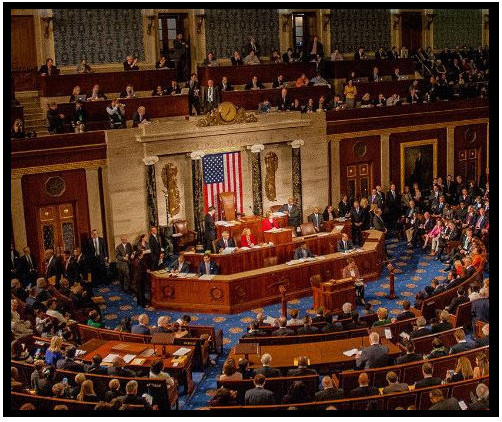Public Policy Matters
Rational Public Policy with Common Sense requires a well informed and engaged public. Apathy and indifference won't keep us safe or secure.
June 28, 2025
Rational Public Policy with Common Sense requires a well informed and engaged public. Apathy and indifference won't keep us safe or secure.
June 28, 2025
Who Qualifies for Representation?

Is the American Way Flawed?
Are You Part of the Problem?

News Matters
Home | Contact Us | PBR Development
Copyright (c) 2009-2025
Who, exactly, qualifies for effective political representation might be a matter that warrants increasing attention in a world that seems to find itself under mounting pressure to address the needs of the disenfranchised.
What might be charitable attentiveness, can sometimes cross the lines of unconstitutional usurpation of authority.
In a representative republic, political representatives are elected by qualified citizens to represent their interests, not all possible interests of every one who might have a need or grievance, no matter how legitimate that need or grievance might be. The bounds of authority delegated by the electorate are constitutionally defined. To exceed those limits is an abuse of power, no matter how charitable the spirit in which they are exceeded.
Your Pastor, Priest, or Minister might argue that they are called by God to serve all who might present themselves for service. Your political representative cannot make this claim. It would be a serious violation of the Constitution. Equally, if not more serious, would be a politician who secretly sees himself/herself in this way, and quietly abuses the fiduciary responsibility he/she has to the electorate by misdirecting public funds into programs that advance the interests of private enterprises, foreign governments, or the unfortunate victims of the abuse of others around the world, without diligent care to see to it that the American interests are well served in the process as a strict qualification for such programs.
For some reason, we seem to grasp this concept more clearly in examples involving corporate relationships. Most young counter service employees of fast food chains understand that their own personal sense of compassion for a needy patron does not constitute a legitimate basis for giving away food, for free, that is not theirs to give. Despite the same principles that apply, the public nature of government often gives rise to inappropriate relaxation of fiduciary discipline. Discretion is sometimes perceived by public officials where it has not actually been granted.
The discussion of the appropriate limits of public authority is a constitutional discussion. In our view, it is a discussion that warrants considerably more attention than it is currently getting.
Another discussion might be well to have on the subject of karmic qualifications for quality representation. What may be legally appropriate to expect, in representation, may not be reasonable to expect for those who view their political representation with irresponsible indifference, neglect, ignorance, or naivete.
Please consider this... click here.
return
What might be charitable attentiveness, can sometimes cross the lines of unconstitutional usurpation of authority.
In a representative republic, political representatives are elected by qualified citizens to represent their interests, not all possible interests of every one who might have a need or grievance, no matter how legitimate that need or grievance might be. The bounds of authority delegated by the electorate are constitutionally defined. To exceed those limits is an abuse of power, no matter how charitable the spirit in which they are exceeded.
Your Pastor, Priest, or Minister might argue that they are called by God to serve all who might present themselves for service. Your political representative cannot make this claim. It would be a serious violation of the Constitution. Equally, if not more serious, would be a politician who secretly sees himself/herself in this way, and quietly abuses the fiduciary responsibility he/she has to the electorate by misdirecting public funds into programs that advance the interests of private enterprises, foreign governments, or the unfortunate victims of the abuse of others around the world, without diligent care to see to it that the American interests are well served in the process as a strict qualification for such programs.
For some reason, we seem to grasp this concept more clearly in examples involving corporate relationships. Most young counter service employees of fast food chains understand that their own personal sense of compassion for a needy patron does not constitute a legitimate basis for giving away food, for free, that is not theirs to give. Despite the same principles that apply, the public nature of government often gives rise to inappropriate relaxation of fiduciary discipline. Discretion is sometimes perceived by public officials where it has not actually been granted.
The discussion of the appropriate limits of public authority is a constitutional discussion. In our view, it is a discussion that warrants considerably more attention than it is currently getting.
Another discussion might be well to have on the subject of karmic qualifications for quality representation. What may be legally appropriate to expect, in representation, may not be reasonable to expect for those who view their political representation with irresponsible indifference, neglect, ignorance, or naivete.
Please consider this... click here.
return

Is the American Way Flawed?
Are You Part of the Problem?

News Matters
Home | Contact Us | PBR Development
Copyright (c) 2009-2025